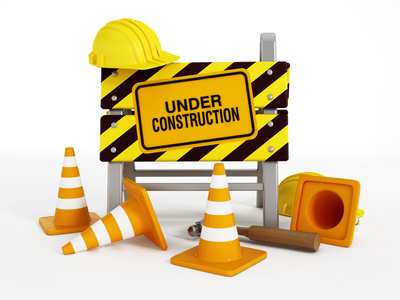The Best Child Board Games
In today’s ever increasing focus on computers and technology, it’s important to a child’s development to have some hands on experience that goes beyond a keyboard or video game. Young kids are developing motor skills and an understanding of spatial relationships, important components of a healthy, well-rounded transition through various stages of their physical development.
While video games can be stimulating and develop hand-eye coordination, the flat screen of a computer monitor, even with 3D effects, cannot replace physical activity in real time. Social interaction is likewise limited in scope, even when two kids play a game together. On the other hand, children’s board games invite much in the way of social interaction. While you’ll seldom hear kids squabbling over a computerized result, children’s board games provide room for debate, but therein lies great value.
Today, many children have problems with social skills. Plenty of kids still have problems, even in the fourth and fifth grades, with sharing, being gracious, or even civil to friends. Children’s board games provide fun venues in which to develop these necessary skills and concepts. Let’s take a look at some of the classic children’s board games and what opportunities they afford a child.
Monopoly(TM) is perhaps the most famous and beloved of board games. Played by kids and adults alike, this board game gives you an opportunity to spend some quality time with the kids. All games are based on rules, so when arguments and squabbling arise over whether Johnny took more moves than he was allowed, you, the parent, can point out what the rules allow and settle the debate promptly. If your child gives you the old I don’t want to play any more! routine, you can call their bluff, explaining that if they want to leave, that’s fine, but their pieces, property and money will go back in the pot and can’t be retrieved. Then they will have to wait for a new game to begin before they can participate again. Everyone knows how long a game of Monopoly can last! The child must make a choice that ends in a consequence, good or bad.
Scrabble(TM) is another classic. While not specifically a children’s board game, many kids love this game of building words. Scrabble(TM) is one where parents can play with the kids and monitor the social interactions at the same time. An older child puts ‘grammar’ together with their blocks. A younger child yells, Hey! That’s not a word!. You can let the youngster know that this is indeed a word, explain what it means and that the older sibling has been learning about grammar in school this year. The older child feels gratified at your acknowledgment and the younger has learned a new word. If the older child decides to rub it in, you can intervene and let that child know that he or she should be more gracious, instead of sticking their tongue out.
Checkers is a centuries old children’s board game, which is also played by many an adult. Again, the rules are clear, so there’s no room for fudging. Boundaries, such as rules, foster a sense of fairness in dealing with others. This game teaches strategic reasoning, with merit determining the outcome. Kids thus learn that, in the real game of life, dealing fairly with others, using diplomacy instead of belittling and working on the task at hand is the way to go. Children’s board games are more than fun. For very little expense, you can teach your kids a variety of social skills that puts them at the head of the class!
Leave a Reply
You must be logged in to post a comment.

 Forgive us but we are redoing our website. We will be back to normal shortly.
Forgive us but we are redoing our website. We will be back to normal shortly. Forgive us but we are redoing our website. We will be back to normal shortly.
Forgive us but we are redoing our website. We will be back to normal shortly.